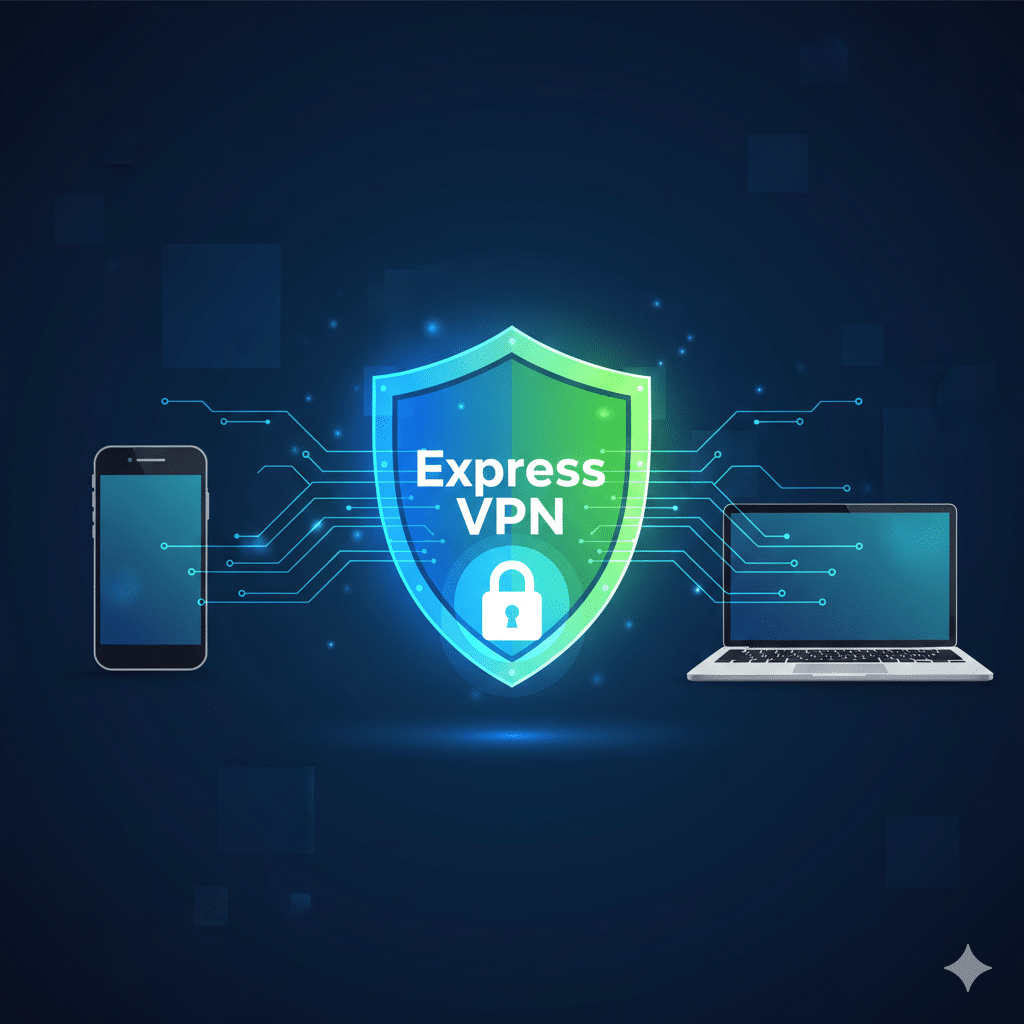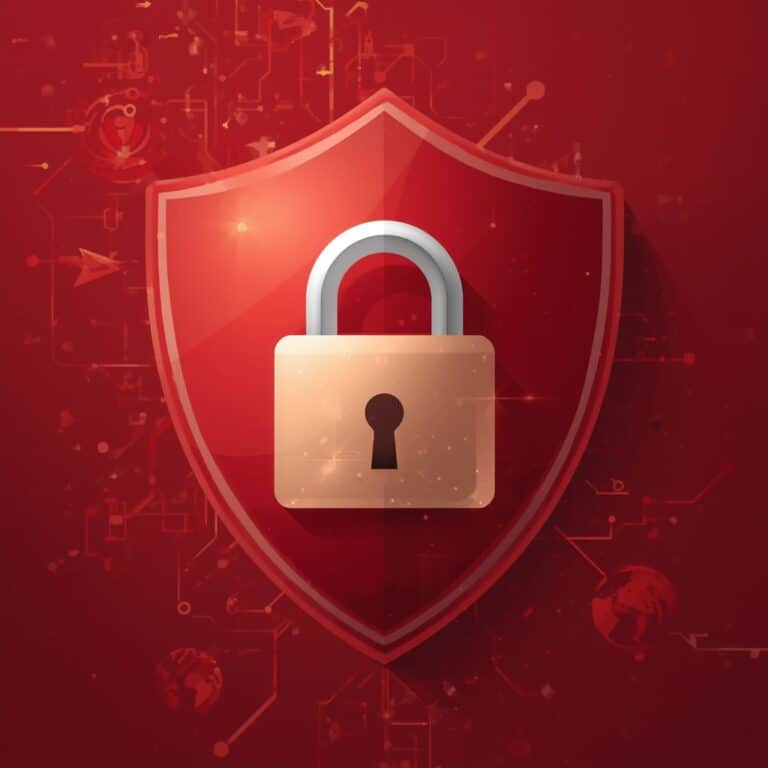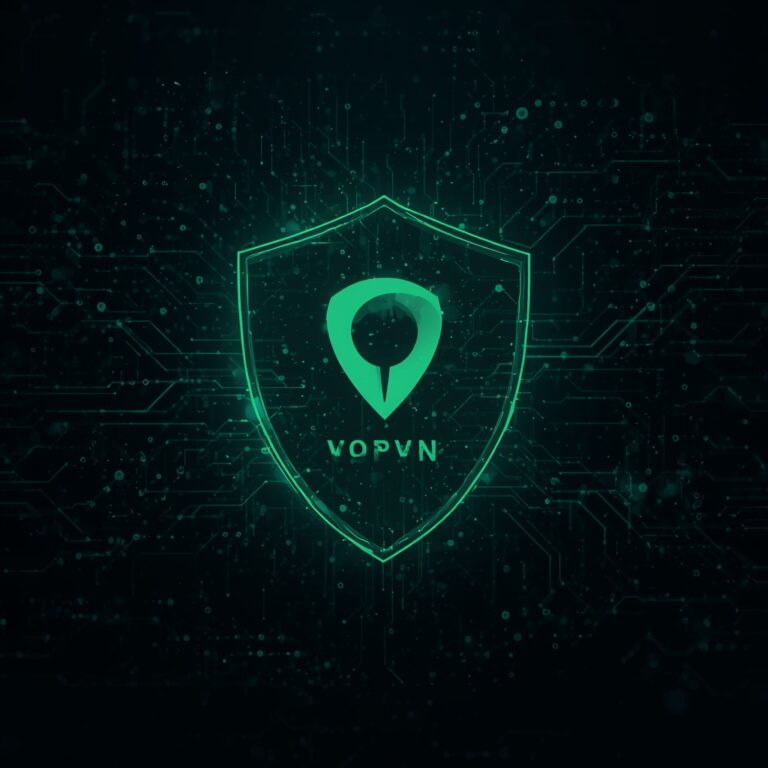In today’s cybersecurity landscape, understanding what is Express VPN is critical for IT managers, network engineers, and cybersecurity professionals seeking to protect sensitive data and maintain operational privacy. ExpressVPN is a commercial virtual private network (VPN) service that encrypts internet traffic and masks users’ IP addresses, providing both privacy and access to restricted content across geographies.
How
ExpressVPN establishes an encrypted tunnel between your device and one of its global servers, effectively routing all traffic through this secure connection. It leverages the Lightway protocol, designed for speed, reliability, and minimal latency, while maintaining strong encryption standards using AES‑256. By masking IP addresses, it prevents websites, ISPs, or potential attackers from tracking online activity. For technical reference on secure tunneling and DNS encryption standards, consult RFC 8484 (source: RFC 8484).
What Are the Key Features of ExpressVPN?
ExpressVPN’s feature set is optimized for both individual and enterprise-grade usage. Notable features include:
- TrustedServer technology: All servers run in RAM only, ensuring no data persists after reboot.
- Global se Over 3,000 servers across 94 countries, facilitating low-latency connections worldwide.
- No‑logs policy: Independently audited to ensure no user activity is stored (source: TechRadar).
- Multi-layer Native apps for Windows, macOS, Linux, iOS, Android, routers, and select smart TVs.
These attributes collectively enable secure remote work, protected online communications, and bypassing content restrictions without compromising privacy.
Why Should Organizations Use ExpressVPN?
Enterprises and IT managers benefit from ExpressVPN in multiple ways:
- Data Protection: Encrypts sensitive internal communications over public Wi-Fi or unsecured networks.
- Compliance: Assists in meeting data privacy standards like GDPR when accessing international cloud services.
- Remote Access Flexibility: Employees can securely connect to internal resources from diverse locations.
- Geolocation Control: Facilitates testing services in different regions, bypassing regional IP restrictions.
For deeper insights into VPN benefits and real-world network performance considerations, see Cloudflare’s learning center (source: Cloudflare).
How Secure Is ExpressVPN?
Security is central to ExpressVPN’s design. The combination of AES‑256 encryption, RAM-only servers, and frequent protocol updates reduces the attack surface significantly. In addition, the VPN includes built-in leak protection for DNS, IPv6, and WebRTC requests, preventing inadvertent exposure of the user’s true IP. Independent audits by PwC confirm that the no‑logs policy is fully enforced, providing measurable trustworthiness.
Constraints and performance:
Performance may vary based on device, ISP, and server location. Latency and throughput are influenced by:
- Protocol choice: Lightway generally offers the lowest latency; OpenVPN may introduce higher CPU usage.
- ISP throttling: Some providers may intentionally slow VPN traffic.
- Device limitations: Older devices may experience slower encryption/decryption speeds.
- Server load: High user density can reduce throughput, though ExpressVPN’s load-balancing mitigates most impacts.
Testing conditions should account for peak and off-peak times to accurately gauge expected speeds. In enterprise deployments, combining ExpressVPN with high-bandwidth connections minimizes performance bottlenecks.
How Can IT Professionals Deploy ExpressVPN?
Deployment options are flexible:
- Desktop clients: Available for Windows, macOS, and Linux with minimal configuration.
- Mobile devices: iOS and Android apps support seamless VPN connections on cellular and Wi-Fi networks.
- Routers: Configuring ExpressVPN at the router level protects all connected devices without individual apps.
- API integration: Allows IT teams to automate server selection and connection management for large-scale deployments (internal reference: what is a vpn concentrator: Secure Multi-Tunnel VPN Device).
Comprehensive support documentation ensures IT staff can implement ExpressVPN without advanced networking expertise.
Are There Limitations or Considerations for Usage?
Despite robust security, some limitations exist:
- Certain streaming platforms may detect VPN traffic and restrict access.
- Enterprise policies may conflict with VPN tunneling unless split-tunneling configurations are employed.
- Compliance monitoring may require adjustments to ensure VPN connections do not obscure audit logs.
How Does ExpressVPN Compare to Other VPNs?
Compared to alternatives like NordVPN or CyberGhost, ExpressVPN emphasizes reliability, speed, and audited privacy. For IT managers evaluating multiple solutions, reviewing side-by-side technical comparisons is recommended (internal reference: ExpressVPN Review – Tested in 2025: Speed, Privacy & Ease).



